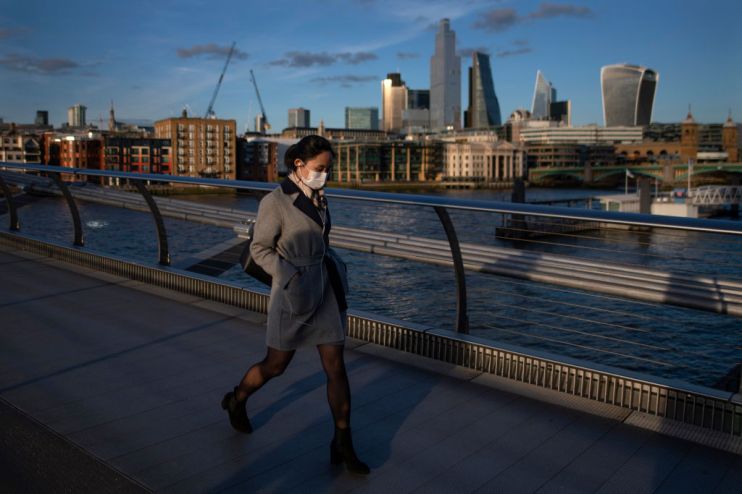A pandemic is no excuse for the return of all-male boards

At the 30 Per Cent Club, we never believed in “one and done”.
Losing your only female director and reverting to an all-male board is all too easy, as Dominos found out earlier this month.
Of course, that’s not the case for Aston Martin, which had two women non-executive directors and a female chair until this year. So it’s disappointing to see the carmaker too become entirely male led — a wake-up call to keep diversity top of mind in the hunt for new board members.
It’s not just on company boards that we see in this situation. The pandemic has suddenly seen a rise in all-male panels. The government experts seem to be predominately male, and the government itself reduced the pressure on the gender pay gap reporting at the end of March — a big miss when many working women are providing services on the frontline, being furloughed at a higher rate than men, or working from home but literally left holding the baby due to the shutdown of childcare.
Is this important? Does having more women engaged really make that much of an impact? Well, the data says it does.
A McKinsey study showed that companies in the top quartile of gender diversity were 20 per cent more likely to have better financial returns than national industry medians. And it is not just the women that matter — those in the top quartile of gender and ethic diversity pushed that up to 35 per cent.
So if gender diversity is going down instead of up in the middle of this pandemic, what should we be doing about it?
Put simply, we need to be thinking how businesses can come out stronger. That means retaining and hiring the best talent while building cognitive diversity — not just focusing on women, but on attracting the best people from all backgrounds. A FTSE chief executive told me the other day that his employees who were on the spectrum of autism were performing much better in a remote working environment. Sometimes it takes a major shift to understand how to bring out the best in people.
Sameness is weakness. In this age of stakeholder capitalism, businesses would be well-served to reflect their client base. Women make over 80 per cent of everyday buying decisions. In a few years, they will own half the world’s private wealth. To have so few of them at the top of companies is a long-term risk no chair or chief executive should take. Governments would be well advised to think likewise.
I hope those two FTSE companies which now have all-male boards are looking to improve their diversity. At the 30 Per Cent Club, we are striving for 30 per cent female representation in boards and c-suites across the world. And we are always open for new members: companies that want to outperform the market, that are looking for all types of women and value their diverse backgrounds and beliefs.
For those who think there are no top women out there, I know one Big Four company with a database of at least 800 female board candidates. So can all strive for at least 30 per cent — while those companies which are there already aim for gender parity.
Let’s not waste this crisis by taking a step back. Let’s accelerate — and make sure all organisations, from large to small, have people who understand the latest technology, who think about the future of work, who have the kind of contrarian views we need for those black swan events we will encounter in the future.
Because a world that works better for women works better for everyone.
Main image credit: Getty